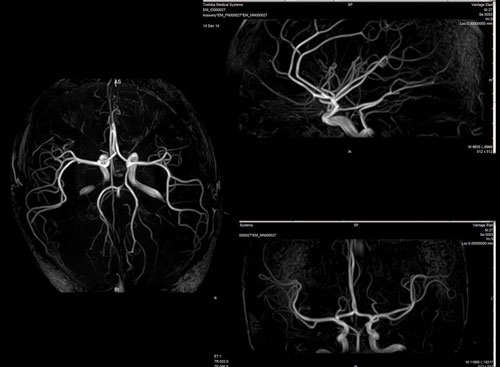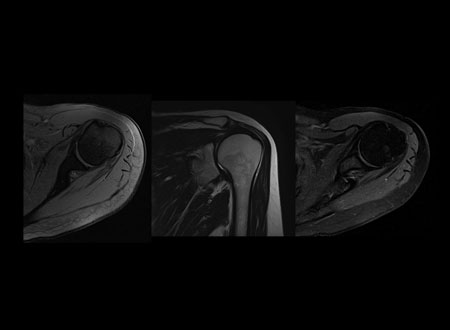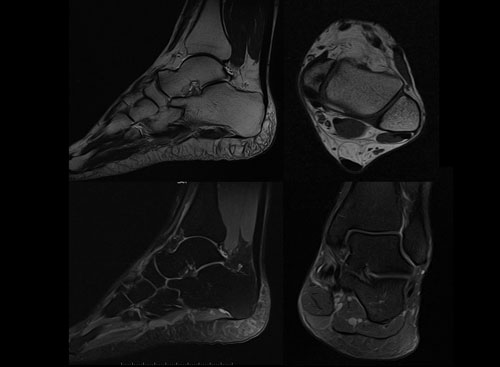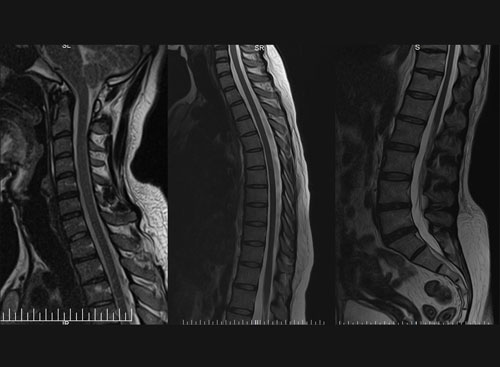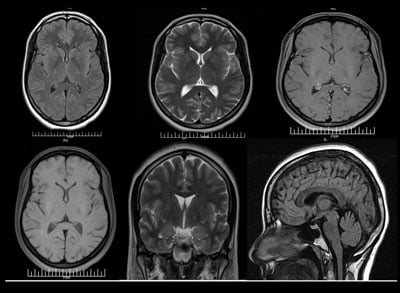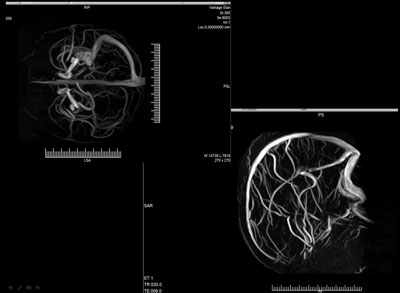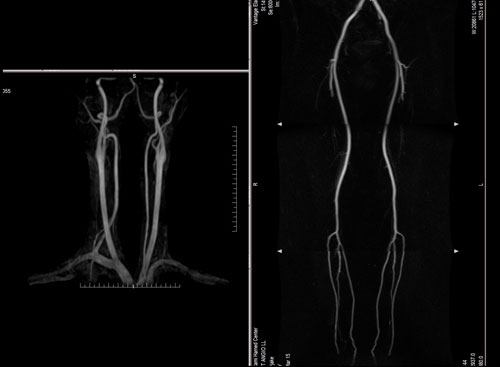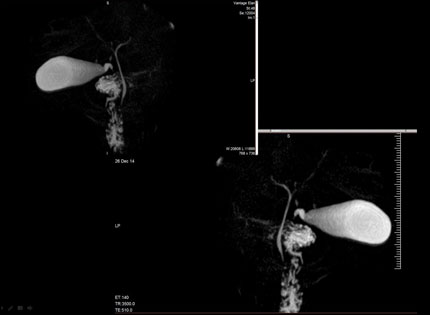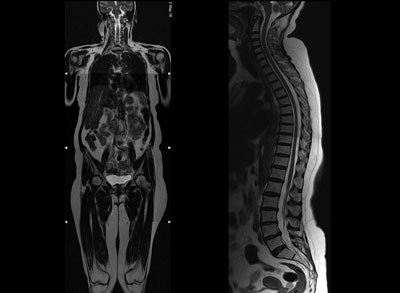MRI Procedures include:
How does it work?
An MRI is an imaging machine, so it works like a camera, but instead of a usual camera using film, flash, or a lens, it uses a very strong magnet. So the part you want to have imaged with will be centered on the magnet, just like taking a photo, where you point your camera at the object you want to capture. Once started, you will hear the sound of the machine, and the magnetic field aligns hydrogen molecules in the body and is processed by an advanced MRI computer system to produce the image, and all this is happening without you having to feel anything.
Who can have an MRI?
From Pediatrics to Adults and even Geriatrics, whether Male or Female.
Pregnant (Since NO study has proven any side effects to the mother or the child after an MRI scan)
Claustrophobic Patients
If you have claustrophobia (fear of enclosed spaces) or anxiety, you may want to ask your physician for a prescription for a mild sedative prior to your scheduled examination.
Infants & Children:
Infants and young children usually require sedation or anaesthesia to complete an MRI exam without moving. Whether a child requires sedation will depend on the child’s age and the type of exam being performed. Moderate and conscious sedation can be provided. A physician or nurse specializing in the administration of sedation or anaesthesia to children should be available during the exam to ensure your child's safety. You will be given special instructions on how to prepare your child for sedation or anaesthesia.
Why MRI?
It does NOT use Ionizing Radiation (X-rays)
Highly advanced method, to better evaluate body parts and certain diseases that can’t be provided by other imaging modalities
Risk:
Patients with cardiac devices are not allowed to have an MRI scan. Patients with Metallic implants or a history of surgeries are to be assessed and evaluated thoroughly before proceeding with the MRI scan. (Cochlear (ear) implant, some types of clips used for brain aneurysms, some types of metal coils placed within blood vessels, nearly all cardiac defibrillators and pacemakers.)
Patients with a history of serving in the military or being involved in industrial work also need thorough assessment and evaluation.
MRI with Sedation for Children:
Sedation for children generally means that a child is given medicine by an anesthesiologist so that he/she will lose sensibility & consciousness.
The need for MRI with Sedation for Children is very helpful since the child must remain still throughout the scan time, and so the use of it will help put the child to sleep and remain motionless and comfortable throughout the scan, since movements will cause the images to be blurred out, rendering it useless.
Child safety is of the utmost importance, with highly trained and experienced Anesthesiologists, Sedation nurses, MRI Technologists, and Radiologists, expect a very efficient and safe procedure.
Routine Operating Procedures when having an MRI:
- The doctor’s request is reviewed by the staff radiographer.
- A safety questionnaire and a consent form are provided before the scan.
- Hospital gowns are provided to make sure that you are going to be scanned wearing nothing metallic.
- The patient’s personal belongings (including phone, credit cards, money, etc.) that could be affected by a strong magnetic field are all placed in the locker provided.
- The radiographer will explain what will be your position & how much time it will take to complete the scan.
- The radiographer will ask you to lie on the scanner bed and position you comfortably by placing pads or pillows.
- The room is always cold, so they will offer you a blanket.
- They will offer you earplugs to minimize the noise of the machine.
- You will be given an alarm button to hold, and you can squeeze it so that we can stop the scan immediately if you need anything or for any discomfort.
- Through the advancement of our machine, most of the procedures will be scanned feet-first into the scanner.
- MRI exams are painless. It is important that you remain perfectly still while the images are being recorded.
- No study has ever shown any side effects from MRI scanning, and since it does not use Ionizing/harmful radiation, you can have an MRI as much as needed.
MRI with Contrast:
Some MRI examinations may require you to receive an injection of contrast material into the bloodstream (also known as DYE), mostly injected into the blood vessel of the anterior part of your elbow.
- You may be instructed to fast before the procedure.
- You should let the radiographer know if you have any serious health problems or if you have had any recent surgeries. Some conditions, such as severe kidney disease or liver transplant, may prevent you from being given gadolinium contrast for an MRI.
- It will be necessary to perform a blood test (creatinine) to determine whether the kidneys are functioning adequately.
- The radiographer or a nurse will ask if you have allergies of any kind, such as an allergy to drugs, food, or the environment, or if you have asthma, so that proper precautions will be made.
- The contrast material used for an MRI exam is based on gadolinium. It is far less common for a patient to have an allergy to a gadolinium-based contrast agent used for MRI than to an iodine-containing contrast for CT. So even if it is known that the patient has an allergy to the gadolinium contrast, it may still be possible to use it after appropriate assessment or pre-medication.
- The radiographer will advise the patient to drink plenty of water after the injection of contrast for the next 24 hours to wash out the contrast from the system.
- Breastfeeding patients will be advised after the procedure on when they can continue to breastfeed their infants after being assessed by the Doctor.
Related topics:
.png?width=281&height=59&name=bookanappointment%20(1).png)
Choose DRHC for the best Dynamic MRI scan in Dubai. If you are in search of the best MRI center in Dubai, call +97142798200.



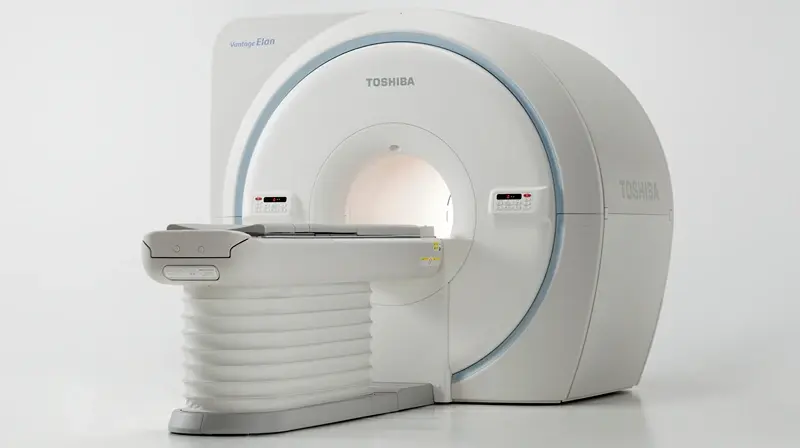
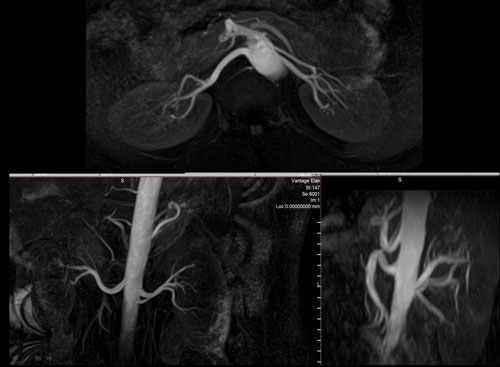
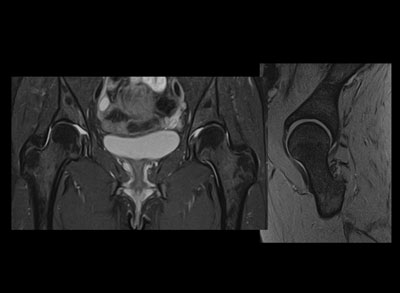
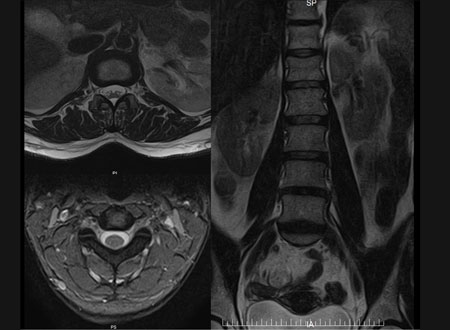
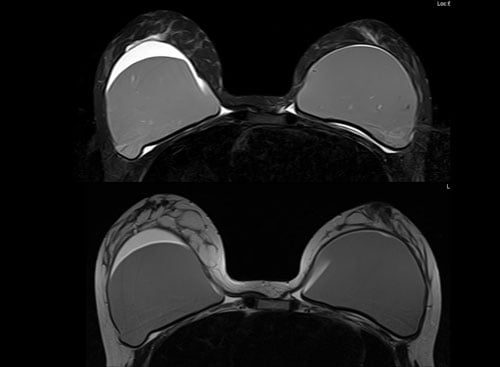
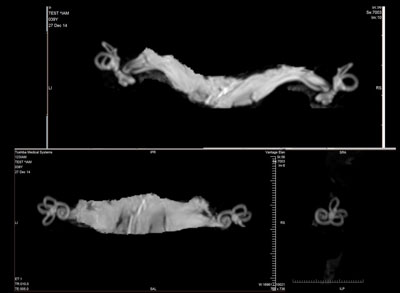
.png?width=281&height=59&name=bookanappointment%20(1).png)

